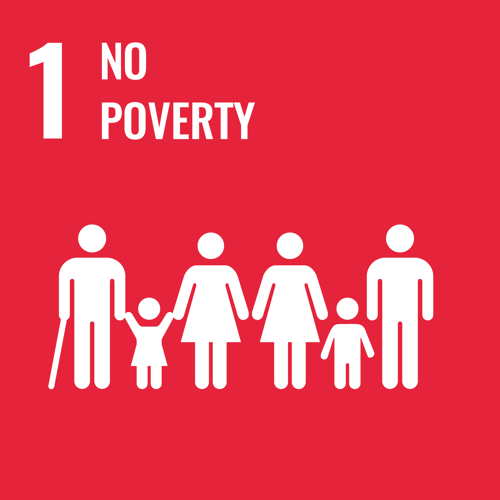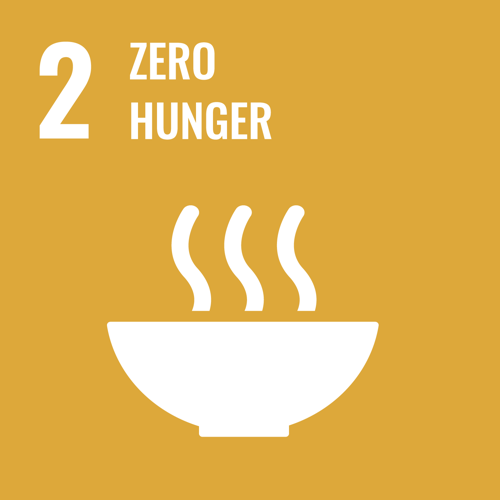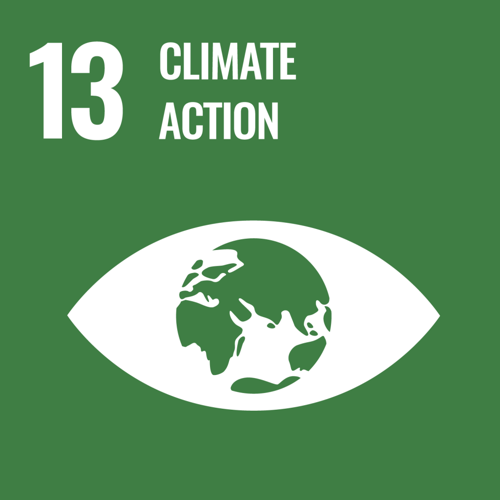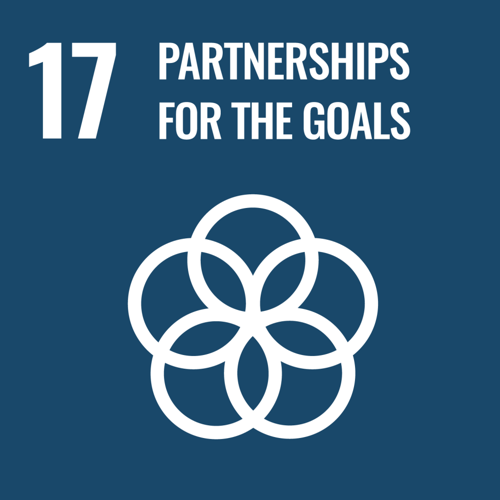ICRISAT-Bred Sorghum Flourishes in the Drylands of Saudi Arabia
A collaborative effort between ICRISAT, FAO, and the Kingdom of Saudi Arabia is driving transformative change in rainfed cereal farming with the adoption of ICSR 14001 sorghum. Supported by large-scale extension research from ICRISAT, this initiative has identified nine improved forage and dual-purpose sorghum and pearl millet varieties, enhancing productivity and resilience in dryland agriculture.

Hyderabad, India – Saudi Arabia’s rainfed cereal sector is witnessing transformative success, driven by the growing popularity of ICSR 14001, an improved sorghum variety developed by ICRISAT. Locally named ‘Mojan’, meaning 'Wave' in Arabic, the variety symbolizes a sweeping change—bringing increased productivity, resilience, and renewed hope to farming communities.
Building on this momentum and deepening the impact of such innovations, a two-week study tour was organized from 15-26 April 2025 as part of a collaborative initiative between ICRISAT, the Food and Agriculture Organization (FAO), and the Kingdom of Saudi Arabia (KSA) to boost rainfed cereal production. The program brought a delegation of researchers, extension agents, and farmers from Saudi Arabia to ICRISAT’s headquarters in Hyderabad to strengthen knowledge exchange, explore cutting-edge agricultural technologies, and build capacity for dryland cereal cultivation—particularly sorghum, pearl millet, and sesame.
One of the highlights of the tour was the compelling presentation of field results by Saudi farmers and stakeholders, who reported that Mojan (ICSR 14001) had shown exceptional performance in field trials conducted in Jazan, Saudi Arabia. The variety consistently outshone local cultivars, delivering higher grain yields, superior grain quality, and enhanced biomass. With its impressive nutritional profile and proven ability to thrive in challenging climates across the Middle East and North Africa, ICSR 14001 is gaining recognition as a game-changer for the region’s dryland agriculture.
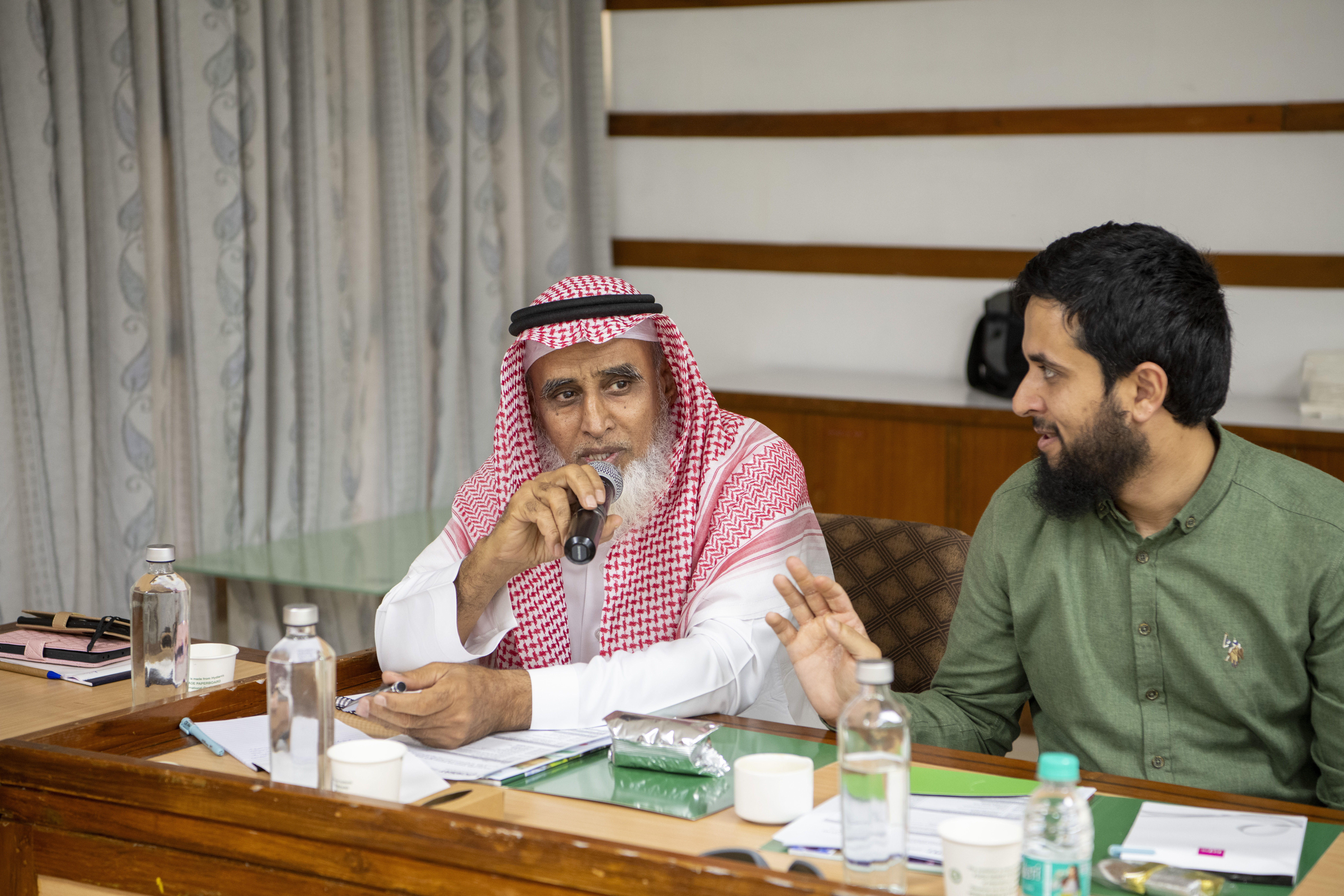
Speaking on the significance behind the name Mojan for the sorghum variety ICSR 14001, Saudi farmer Mr Hassan Habibi said,
“The word Mojan represents generosity and beautiful things. It comes from ‘Moj,’ which means ‘wave’ in the sea. When the wind moves through the sorghum plants and the large number of panicles sway, it looks like a wave in the sea. That’s why we named it Mojan—because the quantity of production reflects generosity, and the way it moves in the field resembles a wave. We will keep this name for all our regions.”
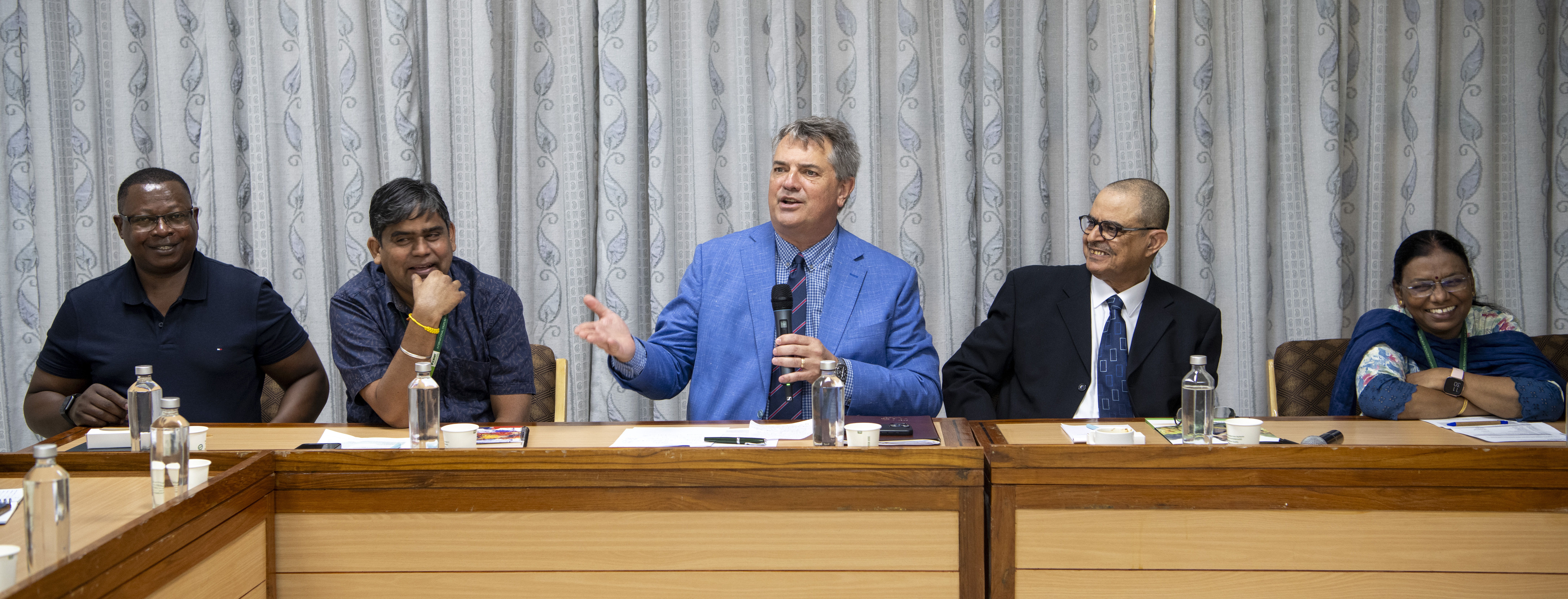
Adding to its significance, Dr Stanford Blade, Deputy Director General – Research and Innovation, ICRISAT, highlighted another key advantage of the variety: its dual-purpose value.
“The enthusiastic response from Saudi farmers to ICSR 14001 is a testament to the effective partnership among ICRISAT, FAO, and the Government of Saudi Arabia. Beyond grain, its strong fodder value supports livelihoods in remote communities. The success of Mojan is a blueprint for transforming dryland agriculture, especially for countries in the Middle East and North Africa,” emphasized Dr Blade.
Interest in Mojan continues to grow, as Saudi Arabian farmers increasingly seek improved crop varieties that can meet their needs not only for food production but also for forage and mechanical harvesting. To respond to this evolving demand, Dr Ephrem Habyarimana, Principal Scientist – Sorghum Breeding at ICRISAT, outlined the Institute’s commitment, stating that ICRISAT is ready to provide improved sorghum and dual-purpose pearl millet varieties tailored to local conditions.
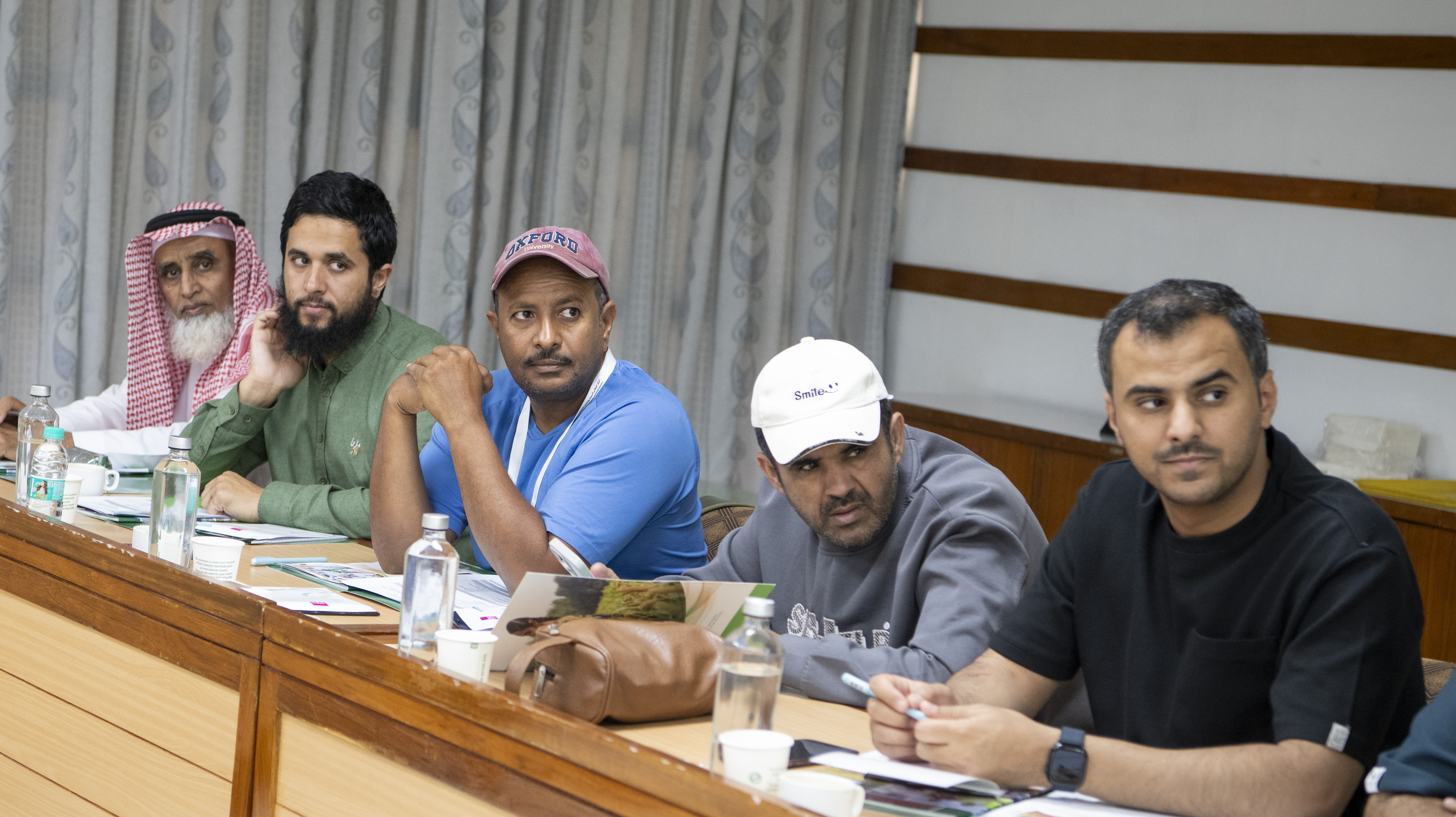
He noted that over 90 farmers have already received training in essential areas such as crop production and protection, soil health, irrigation management, and seed systems to facilitate further scaling. In addition to this, the introduction of a digital catalogue and the Plantix App in Arabic has been supporting farmers to effectively manage pests and diseases.
National Professional Officer, Cereals, FAO – Saudi Arabia, Dr Abdulla Alhendi applauded the collaboration, underscoring the strategic alignment between Saudi Arabia’s agricultural goals and ICRISAT’s expertise in dryland farming.
“ICRISAT has proven to be the ideal partner in realizing Saudi Arabia’s vision for sustainable dryland agriculture. The success of this project has been exceptional and stands out as one of the best collaborations in the Kingdom. The solid foundation we have built opens doors for future work in key areas such as water harvesting and post-harvest management,” noted Dr Alhendi.
The ICRISAT-FAO-KSA collaboration is delivering meaningful progress in rainfed cereal production. The adoption of the ICSR 14001 sorghum variety—or Mojan—is more than just the spread of an improved variety; it’s a symbol of innovation, resilience, and shared success. As this partnership deepens, it promises lasting impact for food security and sustainable livelihoods across Saudi Arabia and the broader Middle East and North Africa region.
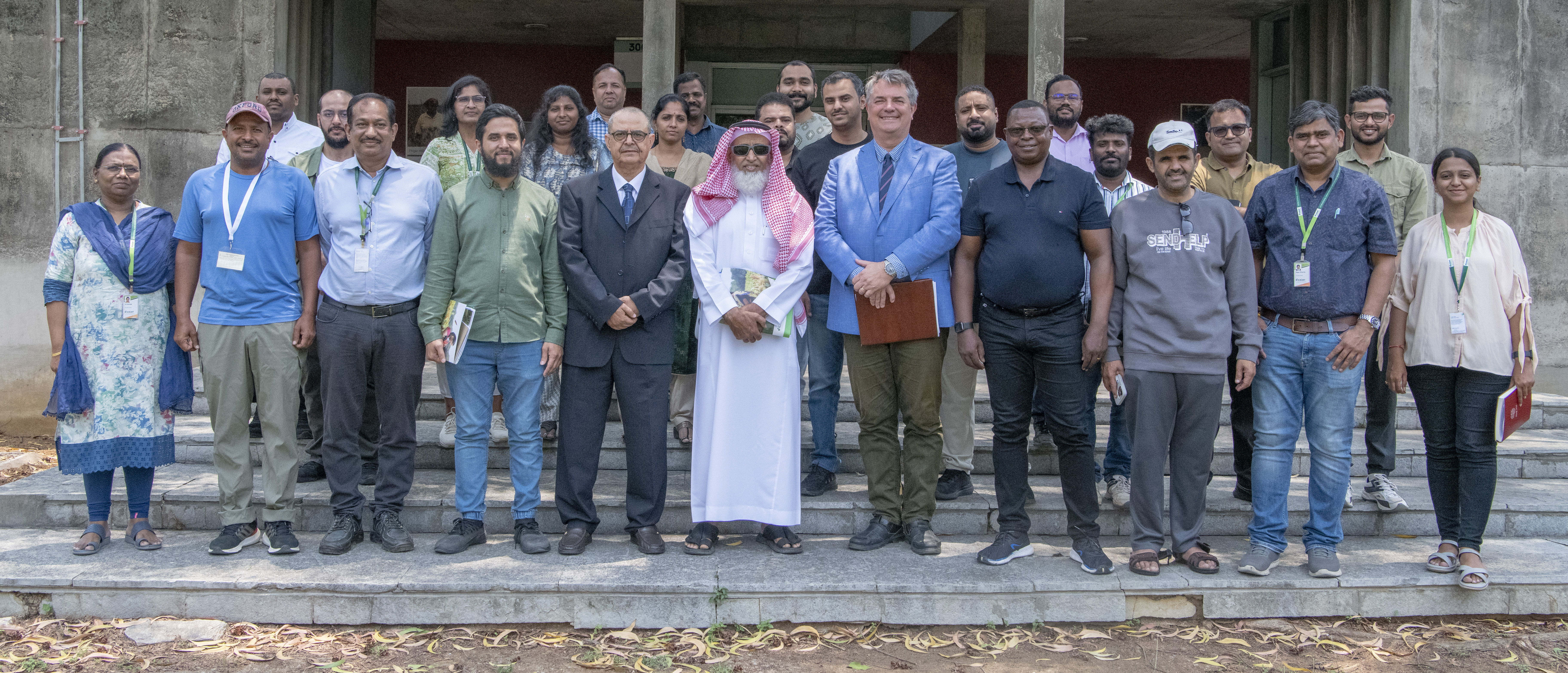
This work aligns with SDGs 1, 2, 13 & 17
Roseleen Aind
